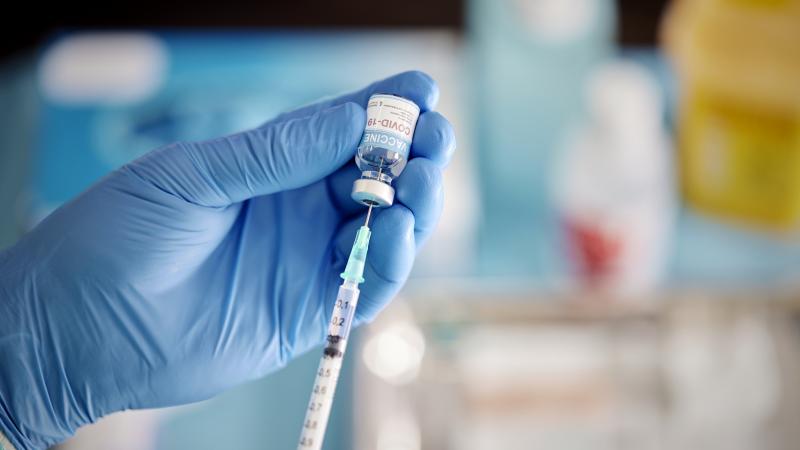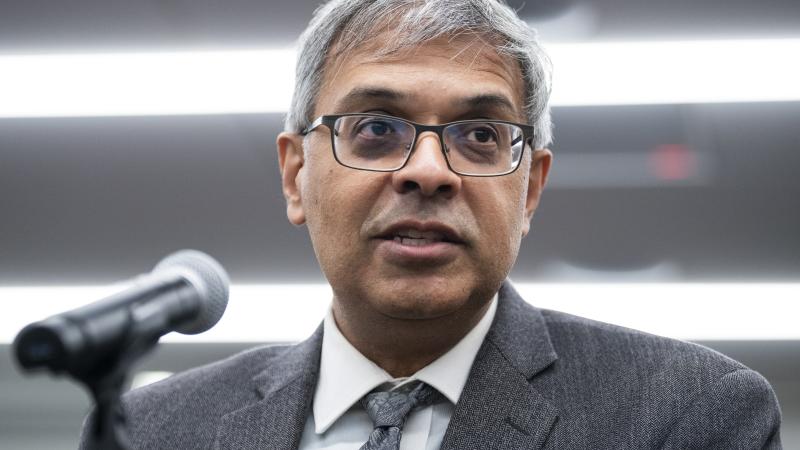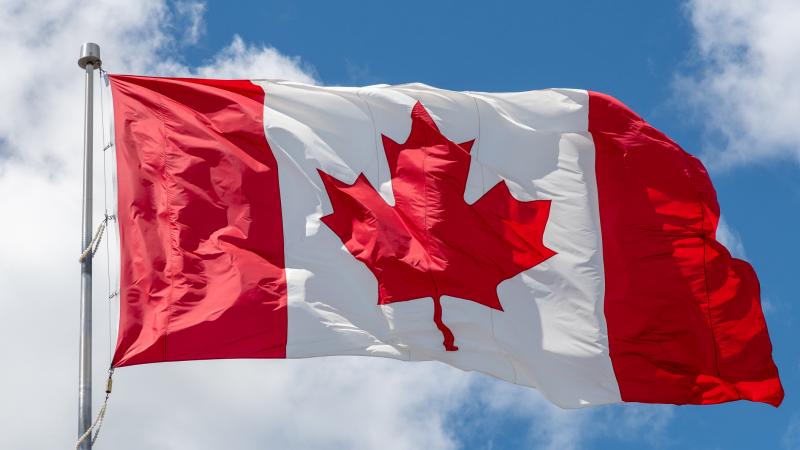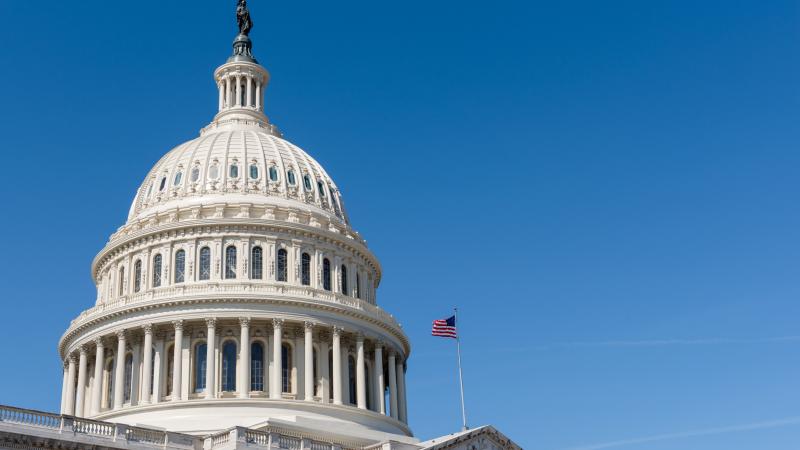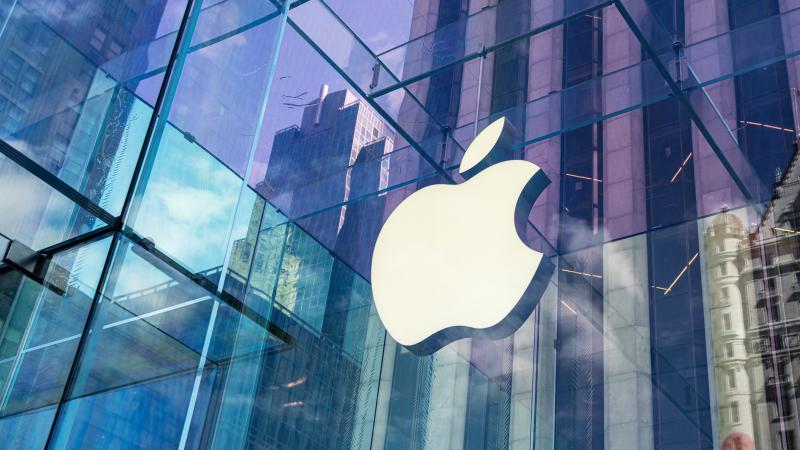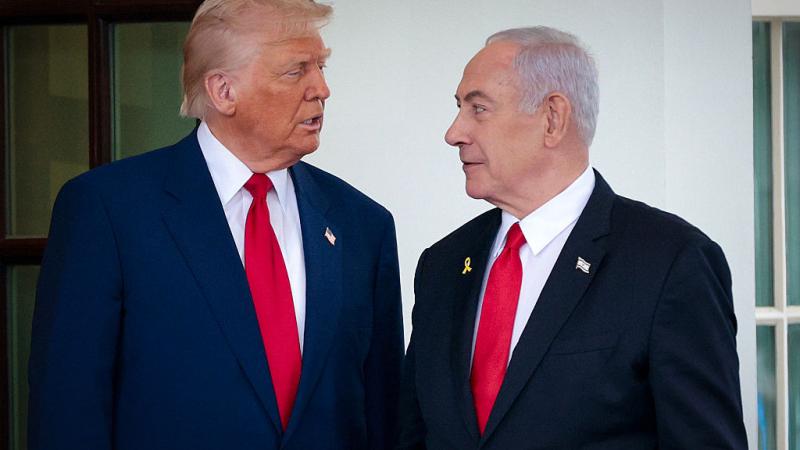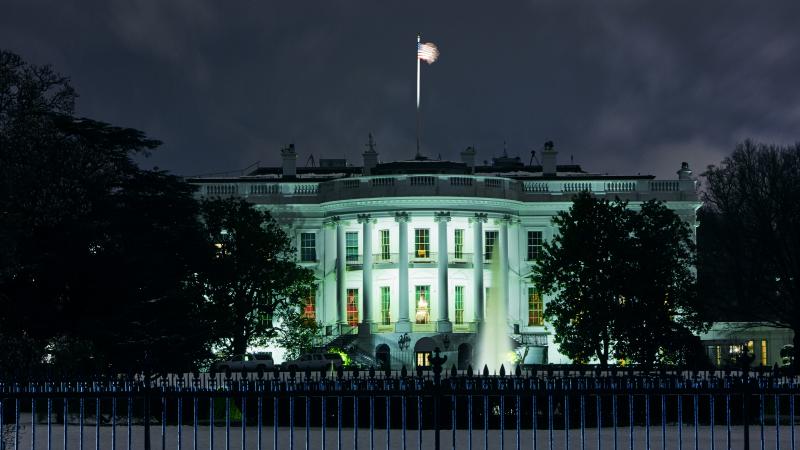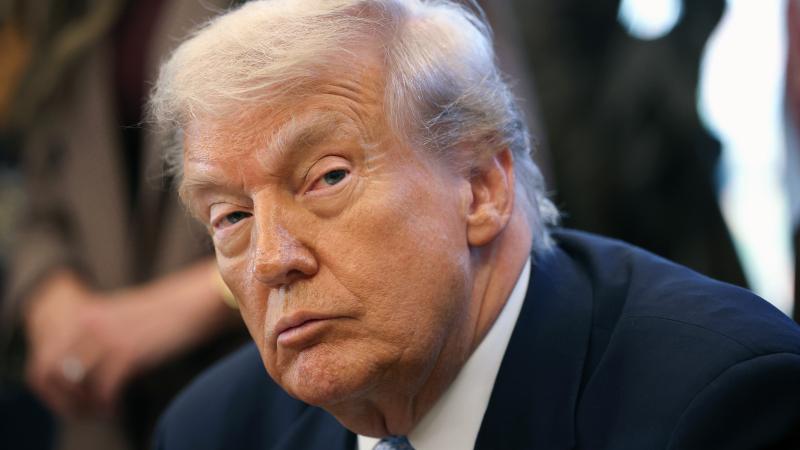HHS overseer says US is taking crucial steps to have pharmaceutical ingredients not be made in China
Knox explained that 70% of active pharmaceutical ingredients (APIs) and key materials are manufactured in China and India.
Top Health and Human Services official John Knox said that the U.S. is taking active steps to make sure active pharmaceutical ingredients are made in the U.S. and not in China.
"There's a lot of levers that can be pulled and need to be used in order to bring onshoring back," Knox said on the "Just the News, No Noise" TV show. "Over the past 50 years, we've offshored everything to China, especially, and now, with the president making the moves [and] using those tools available to him, he's allowed manufacturers to actually step back into the space of coming back and onshoring medications."
Knox serves as the Principal Deputy Assistant Secretary for Preparedness and Response at HHS.
Knox said that 70% of active pharmaceutical ingredients (APIs) and key materials are manufactured in China and India. He also said that about 90% of antibiotics are manufactured in China.
Earlier this month, President Donald Trump signed an executive order to fill up the Strategic Active Pharmaceutical Ingredients Reserve (SAPIR) with critical drug components in order to ensure a supply chain for critical medications.
"Restoring capacity for domestic production of essential pharmaceutical products is essential to safeguarding national health and security against global supply chain disruptions," the White House said in a statement.
There are also incentives in the recently passed "one big beautiful bill" that created tax incentives to get the process rolling for having APIs made in the U.S.
"We've got some critical partnership successes," Knox said. "We have flow down in Petersburg, Virginia, that is doing batch manufacturing of products. And we have on-demand pharmaceuticals in Rockville, Maryland. That's another success story."
He said that there would be more partnership successes coming in the future.
Knox said that while it is challenging to compete with China on a manufacturing level, the U.S. can compete with innovative technologies when it comes to manufacturing.
"Over here at ASPR and through our IBMSC Program, we're looking at innovative technologies [and] using that American ingenuity to create new ways to make these medications so that we're not so dependent on foreign sources," he said.
Knox said that it was for national security purposes that more medications be made in the U.S.
"It really is a critical national security issue at this point when we have these trade wars and economic issues going on," he said. "Our medications are very important for the health of the nation."
